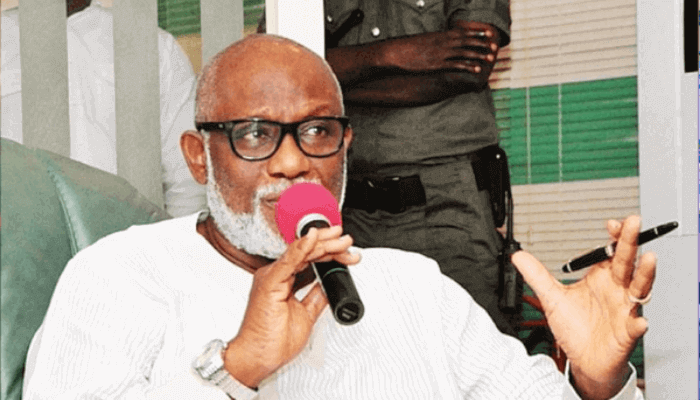[ad_1]
Another country has suspended the use of Oxford/AstraZeneca COVID-19 vaccine adding to a growing concern about the vaccine Nigeria received almost four million doses of last Tuesday.
Authorities in Austria on Tuesday said vaccination with the Oxford vaccines in the country were halted as a precaution while investigating the death of one person and the illness of another after taking the shots, according to Reuters.
“The Federal Office for Safety in Health Care (BASG) has received two reports in a temporal connection with vaccination from the same batch of the AstraZeneca vaccine in the district clinic of Zwettl.
“One woman (49) died as a result of severe coagulation disorders, while another woman (35) developed a pulmonary embolism and is recovering,” BASG, Austria’s health and safety agency, said.
A pulmonary embolism is an acute lung disease caused by a dislodged blood clot. Currently there is no evidence of a causal relationship with the vaccination
“As a precautionary measure, the remaining stocks of the affected vaccine batch are no longer being issued or vaccinated,” BASG noted.
The APA news agency quoted AstraZeneca as saying the company was in contact with Austrian authorities and would fully support the investigation, tReuters reported.
The company noted the vaccine had been approved by the European Medicines Agency and the World Health Organisation based on a global clinical programme involving 23,000 participants.
This is coming about two months after South Africa rejected about 1.5 million doses of the same vaccine after evidence emerged that the vaccine did not protect clinical-trial participants from mild or moderate illness caused by the more contagious virus variant that was first seen in the country.
The AstraZeneca vaccine is important especially to the COVAX arrangement, the UN-backed effort that promises access to vaccines for up to 20 per cent of participating countries’ population.
Nigeria’s subscription to the arrangement has started paying off with the West African nation receiving 3.94 million doses of the vaccine, making it the biggest benefactor of the programme yet.
Because it is relatively cheap, easy to make, and store, the AstraZeneca vaccine is regarded as the most suitable for developing countries like Nigeria.
But there has been growing concern about the vaccine. Apart from the concerns raised in Austria and South Africa, preliminary results from a trial of the vaccines are not clear and did not reflect data from older people, the NewYork Times reported.
Nigeria commenced vaccination with the Oxford vaccines on Friday with Cyprian Ngong, a medical doctor becoming the first person to receive a jab in Nigeria. The rollout started with healthcare workers who are often at the risk of exposure to infections being the first responders to patients.
President Muhammadu Buhari and Vice President Yemi Osibanjo were vaccinated on Saturday in Abuja.
The presidency later released a statement saying Mr Buhari felt no negative side effect from the vaccine. He urged Nigerians to allow themselves to be vaccinated.
Support PREMIUM TIMES’ journalism of integrity and credibility
Good journalism costs a lot of money. Yet only good journalism can ensure the possibility of a good society, an accountable democracy, and a transparent government.
For continued free access to the best investigative journalism in the country we ask you to consider making a modest support to this noble endeavour.
By contributing to PREMIUM TIMES, you are helping to sustain a journalism of relevance and ensuring it remains free and available to all.
TEXT AD: To advertise here . Call Willie +2347088095401…
[ad_2]
Source link





Connect with us on our socials: